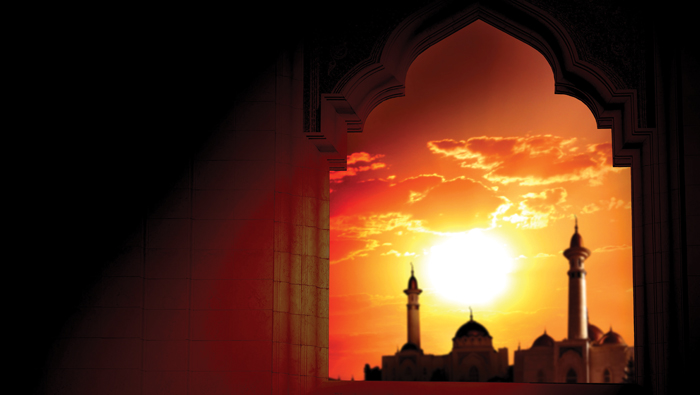
In an open courtyard of a mosque in the eastern town of Ashkhara, there is a sense of solidarity for everybody where creed, nationality or the content of your wallet does not take precedence.
The thing that surprised me most, villagers do not even ask whether you are Muslim or not when you sit on the mat eating the Iftaar. If you are hungry, just turn up and eat. Not one individual really caters for the food. All villagers contribute in their own capacity and bring trays of food from home to the mosque every evening of the Ramadan.
The air in that courtyard has no arrogance but the true spirit of togetherness. After the Taraweh prayer time, they sit inside the tiny mosque to listen to the speech of the Imam. Most would be in the courtyard, in total about 150 people. I noticed that each one of them was in complete peace, both physically and spiritually.
I was expecting some of them would take out their mobile phones, like we do in Muscat, but none had one in their hands. Their thoughts were in unison and not distracted by the urge of checking their messages. The same spirit is extended on the streets of the village. There are only six shops there and one souk. That’s all they need. A far cry from the sprawling malls we have in Muscat. I also noticed they have no ATM machines in sight nor a restaurant.
Almost all of the houses had open courtyards where women gather around sitting on a mat. They would share all kinds of fruits, drinks and talk about anything under the night sky. They are all dressed up in colorful dresses and shawls and there is plenty of laughter in the air. Again, like the men in the mosque, women bring their own delicatessen shared by all.
My visit to the town coincided with the Qaranqasho. All homes, including the front doors and sometimes the external walls, are decorated with lanterns, silver and gold ribbons in the shape of the crescent moon. Qaranqasho also involves the exchange of gifts where children visited homes in the neighbourhoods and warmly welcomed in each house.
But it is not only in the evenings that Ashkhara comes alive. During daytime, the sprawling souq is full of shoppers looking for bargain, from ready-made food to items of clothing. But that is not all. The animal market is full, too. You can get a goat or chicken for a bargain in an auction in the open courtyard. Traders also encouraged shoppers with bargains by slashing down prices. With the weather surprisingly cooler in April, the shops in the souq are full day and night.
With the Ramadan this year past the half way mark, the Ashkhara townspeople are now looking forward for the Eid. They are already talking about the festivals and how to celebrate the occasion. They are now planning to have tents pitches on the beach for a grand Eid Festival in all four days of Eid. The town is well known for marking the Ramadan month as well as Eid days with joyous events. The spirit of togetherness has been a tradition for more than a hundred years, according to village elders.
“We all become one family in Ramadan and Eid and we put our resources together to celebrate the two occasions in a happy atmosphere,” Sheikh Salim Al Ghashmi, one of elders in the town told Times of Oman.